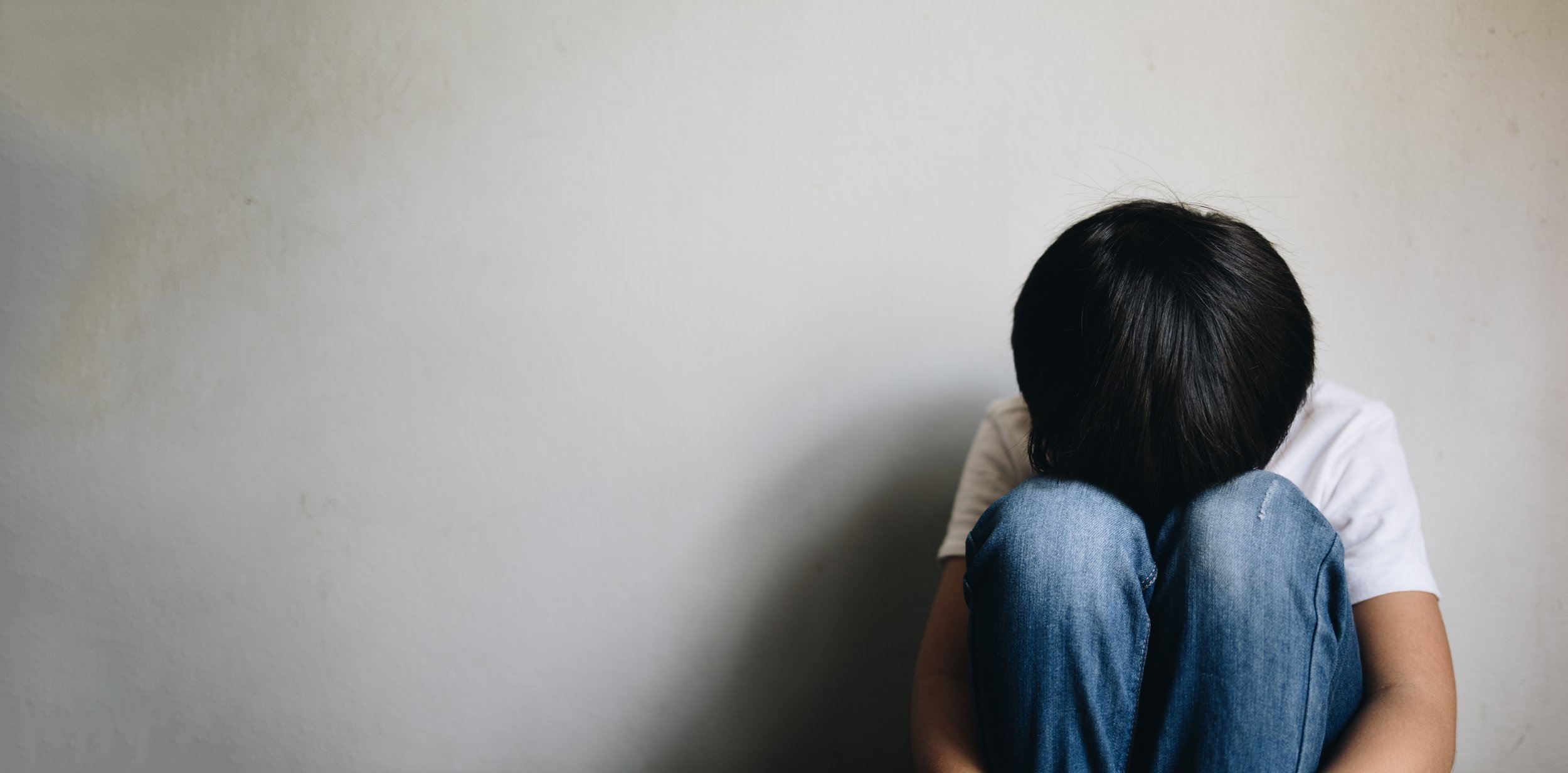
Books by PASG Members
Many PASG members are faculty members of universities in the United States and other countries. They have engaged in extensive clinical work and research regarding parental alienation. As a group, they have published hundreds of scholarly papers, book chapters, and books, some of which are listed here. The inclusion of any book on this website does not confer approval of the book or its author by the PASG Board of Directors.

Issue Focused Forensic Child Custody Assessment
Eric G. Mart | English, 2007
This is a scholarly analysis of the complex and controversial task of conducting a reasonable child custody evaluation. The author provides an interesting review and analysis of the relevant scientific and legal literature and provides some useful practical suggestions for moving forward. This book will be helpful to practitioners who want to learn more about child custody evaluations.

Children of Divorce: A Practical Guide for Parents, Therapists, Attorneys, and Judges
William Bernet, Don R. Ash | English, 2007
This book speaks to the adults who deal with children of divorce–parents, therapists, attorneys, and judges–and gets them all on the same page. The authors believe that parents and professionals should be able to communicate with a common language regarding the children of divorce. This book contains much specific advice on how to achieve basic goals: children should have a good relationship with both parents; divorced parents should find ways to make life as normal as possible for their children; and divorced parents and their children should accept the inevitable losses and disappointments and move on with their lives. Children of Divorce is organized around the use of parenting plans, agreements that are developed through the collaboration of the parents rather than imposed by a judge.

When Parents Hurt: Compassionate Strategies When You and Your Grown Child Don’t Get Along
Joshua Coleman | English, 2007
In When Parents Hurt, psychologist and parent Joshua Coleman, Ph.D., offers insight, empathy, and perspective to those who have lost the opportunity to be the parent they desperately wanted to be and who are mourning the loss of a harmonious relationship with their child. Through case examples and healing exercises, Dr. Coleman helps parents: reduce anger, guilt, and shame; learn how temperament, the teen years, their own or a partner’s mistakes, and divorce can strain the parent-child bond; come to terms with their own and their child’s imperfections; and develop strategies for rebuilding the relationship or move toward acceptance of what can’t be changed. By helping parents recognize what they can do and let go of what they cannot, Dr. Coleman helps families develop more positive ways of healing themselves and relating to each other.

Parental Alienation: How to Understand and Address Parental Alienation Resulting from Acrimonious Divorce or Separation
L. F. Lowenstein | English, 2007
Parental Alienation is a significant contribution to debates on the effects of family breakdown. Drawing on international research, the book discusses the problems for parents and children when parental alienation occurs. It identifies the signs of parental alienation syndrome (PAS). Concerned with the important task of seeking to remedy PAS, author L.F. Lowenstein’s basic principle is that both parents have the right and the responsibility to guide their children appropriately. The book recognizes children need to be protected from the consequences of being alienated from a parent, and that both parents need to be treated fairly by the system. He also addresses the role of the judiciary, where both the experts and the courts need to help parents resolve their differences to safeguard the welfare of their children. Parental Alienation addresses the important issues of mediation and of treatment, including how to identify and treat accusations of abuse, and it discusses the therapeutic methods required in PAS and the psychological assessment/treatment of pathologically induced alienation.

Hijos Manipulados Tras la Separación – Cómo Detectar y Tratar la Alienación Parental
Doménec Luengo, Arantxa Coca | Spanish, 2007
This book analyzes the episodes of parental alienation and familial conflict and how its effects on each family member – especially the children – progress over time, leading to psychological disorders as the final result for the children. The book also explores the most common causes of alienation and healthy, effective ways for the alienated parent to recover their bond with their children.

Adult Children of Parental Alienation Syndrome: Breaking the Ties That Bind
Amy J. L. Baker | English, 2007
Parental Alienation Syndrome (PAS) occurs when divorcing parents use children as pawns, trying to turn the child against the other parent. This book examines the impact of PAS on adults and offers strategies and hope for dealing with the long-term effects.
